The Department of Internal Medicine is highly committed to the development of academic physicians and physician scientists. As an integral component of this commitment, the Physician Scientist Training Program (PSTP) was created in 2005 with the goal of developing the next generation of University of Michigan academic researchers.

A Message From Our Director
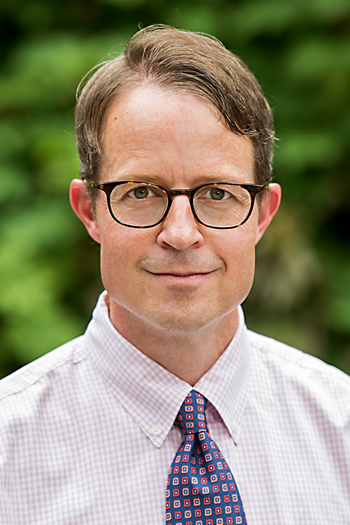
Thank you for your interest in the University of Michigan Department of Internal Medicine Physician Scientist Training Program (PSTP). We provide our scholars with individualized and comprehensive support and mentorship through every step of their development. They are able to select from a wide variety of research opportunities under the guidance of highly accomplished scientists. Finally, we provide the support necessary for the successful transition of each trainee into an independent research career. In this regard, we make certain that there is support for research training during fellowship, and we also provide incentives that include a minimum of $75,000 of start-up funds and $60,000 in faculty salary bonuses.
Now that our program is over 15 years old, we are excited to report that we have graduated approximately 24 Physician Scientist Program scholars, and of these alumni, 13 individuals have successfully competed for career development awards (i.e. NIH K08 grants or equivalents). In addition, another seven program graduates are in the process of submitting or have submitted career development grants. Of the remaining alumni who decided not to compete for grant support, two-thirds remain in academic positions. Importantly, most of our successful physician scientists remain at the University of Michigan and comprise a rich community that provides peer mentoring to the next cohort of trainees through monthly meetings.
Ultimately, we are very excited about the momentum of our program, and we look forward to recruiting the next group of trainees to join our family.
Go Blue!
Thomas Sisson, MD
Professor, Department of Internal Medicine
Director, Physician Scientist Training Program
Training and Environment
Clinical and Research Training
The Department of Internal Medicine is committed to the policies and procedures of the American Board of Internal Medicine’s Research Pathway, assuring that individuals will be eligible for board certification in Internal Medicine and in a subspecialty during the training program.
For the PGY-1 and PGY-2 years, individuals participate fully in the categorical internal medicine program. Because of the shortened period of time spent in the core program, rotation scheduling will be individualized to assure appropriate training before entering the fellowship program.
Close integration is maintained with the University of Michigan Medical School’s Medical Scientist Training Program (MSTP).
The duration of the program will be 6-7 years, depending on the individual’s choice of subspecialty training program. Individuals are eligible for Internal Medicine Board Certification in August of the PGY-4 year, and for Subspecialty Board Certification in November of the PGY-6 or PGY-7 year.
During the final year of the program, faculty appointment as a Clinical Instructor is anticipated, based on satisfactory clinical and research progress.
Significant financial support is available for research endeavors and faculty development, based on each individual’s needs and goals.
Individuals enrolled in the program participate in career development seminars during their training, including interaction with MSTP students.
Research Environment
The Department of Internal Medicine provides a vibrant, interactive environment for basic, clinical, and translational research. This environment allows our trainees to easily identify mentors and establish collaborations. Importantly, a strong commitment to the development of physician-scientists also exists at the level of the medical school. A Dean of Physician-Scientist position was established in 2020, and Kathleen Collins from the Department of Internal Medicine was appointed. Under her leadership, career development workshops have been created to help our trainees gain important skills.
The Department of Internal Medicine has recruited many physician scientists to join our faculty. Several innovative centers and organized research programs provide an innovative approach to interdisciplinary research.
Our Residents and Fellows
House Officer I
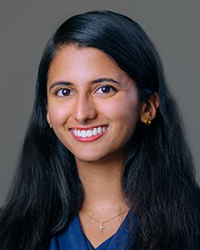
Hematology & Oncology
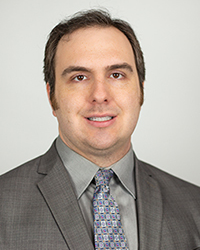
Hematology & Oncology
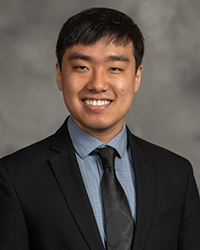
GI & Hepatology
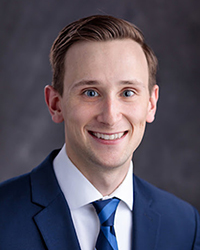
Hematology & Oncology
House Officer II
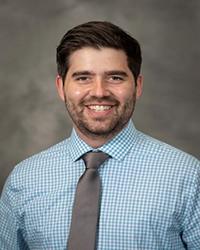
Hematology & Oncology
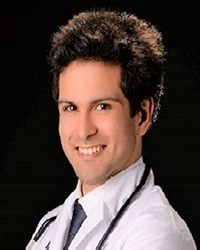
Metabolism, Endo & Diabetes
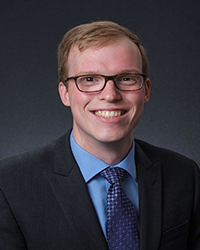
Hematology & Oncology
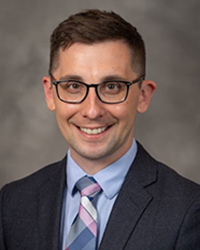
Hematology & Oncology
House Officer III
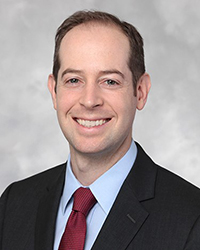
Pulmonary & Critical Care Medicine
Fellows
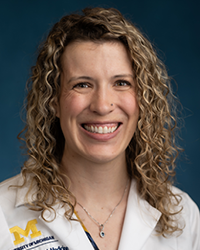
Hematology & Oncology
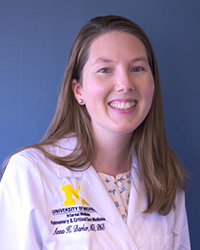
Pulmonary & Critical Care Medicine
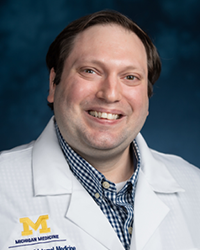
GI & Hepatology
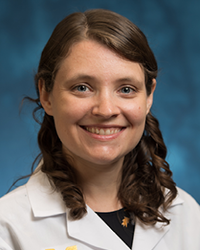
Hematology & Oncology
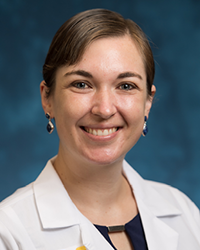
Hematology & Oncology
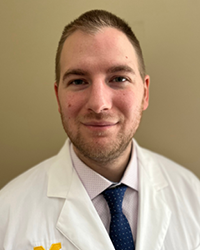
GI & Hepatology
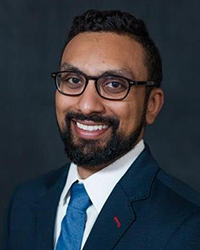
GI & Hepatology
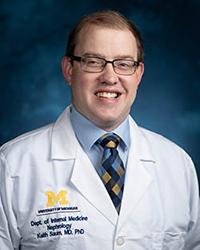
Nephrology
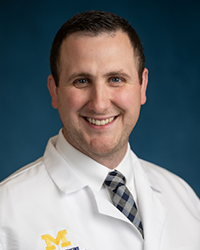
Cardiovascular Medicine
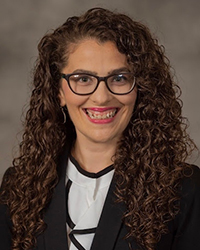
Metabolism, Endo & Diabetes
Application and Match
Application to the Program
Candidates for the Physician Scientist Program are those who are completing their medical school experiences with an MD and an additional advanced degree (such as PhD, MPH, MS). Applicants with significant research experience, but who have not received an advanced degree, should contact the Director of the Internal Medicine Fellowship and Physician Scientist Programs (below) for more information.
Interested applicants must apply to the University of Michigan Internal Medicine Residency Program through the Electronic Residency Application Service (ERAS), using the program number for the Categorical Internal Medicine Residency Program. Applicants are encouraged to submit application materials and letters of reference early in the application process. The Residency Program cannot provide potential applicants with information regarding their competitiveness for the program prior to review via ERAS.
After the ERAS application has been reviewed, the Residency Program will contact qualified individuals. Selected applicants will be contacted to schedule interviews, along with a request for supplemental information.
Dedicated interview dates have been reserved for physician scientist applicants as well as extra interview days that occur in conjunction with the Internal Medicine interview dates. The extended interview process enables the applicants to closely interact with program leaders, subspecialty fellowship directors and division chiefs, current physician scientist trainees and medicine residents. Additionally, the interviews will include the opportunity to interact with several potential research mentors.
After the interview process, the Residency Program will maintain communication with each applicant to provide additional information and to answer questions.
The Match
The Internal Medicine Residency Program strongly supports the match and offers positions to physician scientist applicants only through the match. Applicants should apply using the NRMP match number 1293140C1. Please note that this is a separate match from the categorical program, and you should apply to both match numbers if you want to be considered for both.
Acceptance into the Residency Program assures physician scientist applicants of a position in the selected fellowship program(s) for the PGY-3 year.
Contact Us
Interested individuals are encouraged to contact Thomas H. Sisson, MD, Director, Physician Scientist Training Program and Associate Director, Internal Medicine Residency Program, for additional information.



